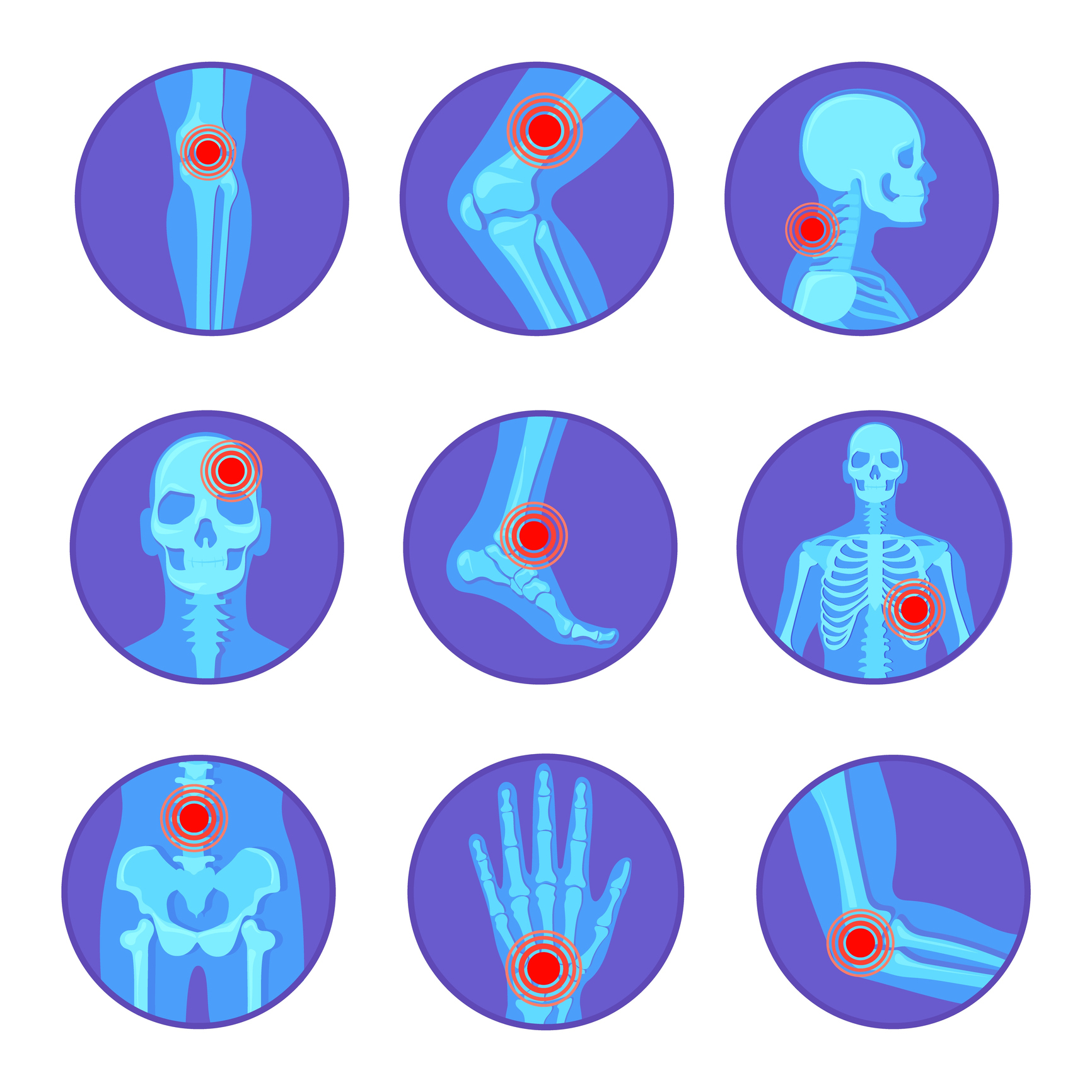To compare the effectiveness of concentrically-focused resistance training (CNCRT) to eccentrically-focused resistance training (ECCRT) on physical function and functional pain in knee osteoarthritis (OA).
Randomized, single-blinded controlled four-month trial. Older adults with knee OA (N=88; 68.3±6.4 yr, 30.4±6.9 kg/m and 67.4% women) were randomized to ECCRT, CNCRT or no-exercise control (CON). Main outcomes included chair rise time, stair climb time, six-minute walk test distance, temporalspatial parameters of gait, community ambulation and functional pain.
Leg muscle strength improved in both training groups compared to CON. There were no significant group x time interactions for any functional performance score (chair rise time, stair climb time, six-minute walk test distance, gait parameters, community ambulation). Compared to CON, functional pain scores were reduced for chair rise (-38.6% CNCRT, -50.3% ECCRT vs +10.0%) and stair climb (-51.6% CNCRT, -41.3% ECCRT vs +80.7%; all p<0.05). Pain scores were reduced during the six-minute walk and in early recovery with CNCRT compared to the remaining two groups (p<0.05).
Either resistance exercise type improves activity-related knee OA pain, but CNCRT more effectively reduced severity of ambulatory pain and pain upon walking cessation.
Concentric and Eccentric Resistance Training Comparison on Physical Function and Functional Pain Outcomes in Knee Osteoarthritis: A Randomized Controlled Trial R1.


